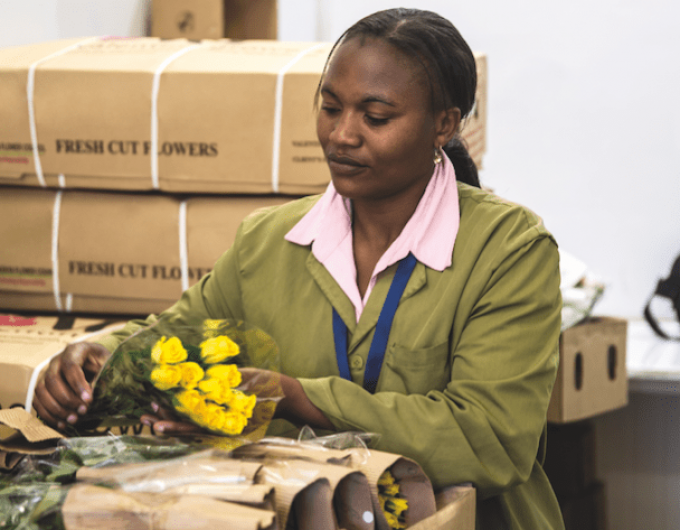Shock for CMA CGM as a deputy CEO decides to quit
Air logistics veteran Peter Penseel has quit as deputy CEO of CMA CGM Air Cargo, ...

Short-sighted airlines that invest in cool chain products but squeeze ground handlers on price, are doing their customers a disservice, according to perishables forwarders.
They are urging ground handlers to lift their game in the cold chain, warning that insufficient investment threatens to become an Achilles heel for perishables shipped by air – despite significant investment by airlines.
Advances in packaging, technology and visibility have led to marked improvements in the chain, but forwarders are concerned about handlers’ ability to raise their game sufficiently.
Rampant growth in ...
Freightmate 'a product of theft, not ingenuity' says Flexport
China hits out at Hutchison plan to sell Panama port holdings to MSC
Liners plan more rate hikes to halt renewed container spot rates decline
TPM: Forwarders need 'clout' to survive as the ocean carriers move in
Maersk vessel forced to omit Cape Town as congestion mounts
Resumption of Suez transits in doubt after return of Red Sea hostilities
Cyber-attacks a bigger threat to cargo owners than cargo ships
US CBP sees 90% fall in revenue last month; airfreight sees ecomm slide

Comment on this article
Gary D. Ogden (C.E.O. GTA dnata)
May 03, 2017 at 2:54 pmOn behalf of the Ground Service Provider community, Id like to thank you for this enlightening piece. Your article and contributors have made it clear, that in order to satisfy the growing needs of PER and Pharma (and the transparency required from us), that Airlines MUST stop this ‘race to the floor’ in how they treat their handling partners.
In YYZ, we at GTA dnata adopted the “if you build it, they will come” approach with respect to investment in CRT’s and fortunately, we now have several strong brands in our Warehouse Facility, who are benefitting from the specialization that has been afforded to them.
BO LIU
May 06, 2017 at 5:52 amit is shame for forwders to open their mouth with such comments. Fund from GHAs are not squzzed by airlines, but by agents and shippers.